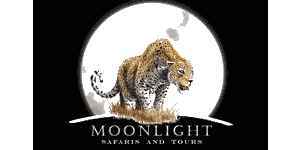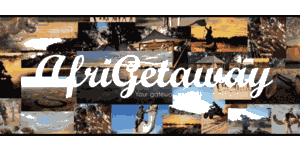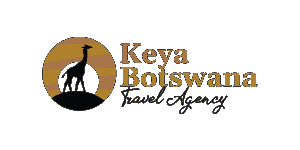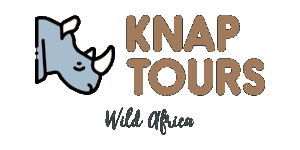Tour Length
Rates in USD $ – Change Currency
Per person, excl. international flightsOperator Rating
Other Tour Features
Filter by Operator
Filter by Accommodation
Okavango Delta Safari Tours & Holidays
The Okavango Delta is an African classic, a vast network of waterways that changes with the seasons, but always hosts memorable wildlife populations. The diversity here is endless, with islands that exist one year but are gone the next. This world in motion should be drama enough for most visitors, but it is here that Botswana’s wildlife reputation was born and so many wildlife documentaries were filmed. To put it another way, the Delta is one of the best places on the planet to see wildlife.
-

7-Day Chobe NP, Okavango Delta & Victoria Falls Luxury
$6,299 to $8,599 pp (USD)
Botswana & Zimbabwe: Private tourLuxuryLodge & Tented Camp
You Visit: Victoria Falls (Start), Chobe Riverfront (Chobe NP), Okavango Delta, Maun (End)

Wayfairer Travel
5.0/5 – 202 Reviews
-

7-Day 4-Star Okavango Delta, Chobe NP & Victoria Falls
$3,647 to $5,702 pp (USD)
Botswana & Zimbabwe: Private tourLuxuryLodge & Tented Camp
You Visit: Victoria Falls (Start), Chobe NP, Okavango Delta, Maun (End)
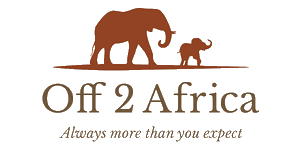
Off2Africa Travel
4.9/5 – 195 Reviews
-
Best Seller
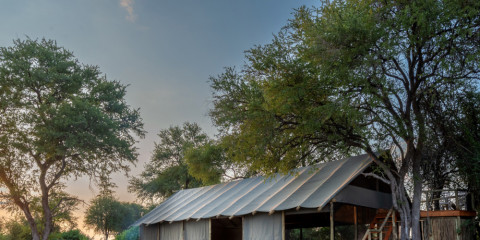
7-Day All Inclusive Delta, Khwai & Moremi Safari
$3,195 to $4,705 pp (USD)
Botswana: Private tour
Mid-range Tented CampYou Visit: Maun (Start), Okavango Delta, Khwai Concession (Okavango Delta), Moremi GR (Okavango Delta), Maun Airport (End)
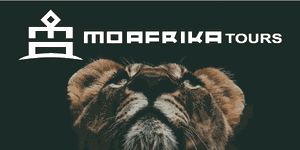
MoAfrika Tours
4.9/5 – 4,145 Reviews
-
Top Rated Operator

8-Day Victoria Falls, Chobe and Moremi Affordable Safari
$3,820 to $4,780 pp (USD)
Botswana & Zimbabwe: Private tourLuxuryLodge & Tented Camp
You Visit: Victoria Falls (Start), Chobe Riverfront (Chobe NP), Moremi GR (Okavango Delta), Maun Airport (End)
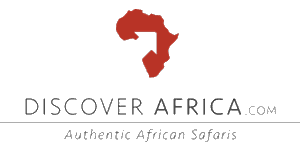
Discover Africa Safaris
5.0/5 – 573 Reviews
-
![10-Day Best of Botswana - Kalahari to Delta Fly-in Safari]()
10-Day Best of Botswana - Kalahari to Delta Fly-in Safari
$13,286 to $14,614 pp (USD)
Botswana: Private tourLuxury+Tented Camp
You Visit: Maun (Start), Central Kalahari GR, Moremi GR (Okavango Delta), Okavango Delta, Maun (End)

Viatu
5.0/5 – 143 Reviews
-
![3-Day Okavango Delta Safari]()
3-Day Okavango Delta Safari
$517 pp (USD)
Botswana: Shared tour (max 9 people per group)BudgetCamping
You Visit: Maun (Start), Okavango Delta, Maun (End)

Outdoor African Tour Safari
5.0/5 – 7 Reviews
-
![8-Day Botswana North Best Highlight and Victoria Falls]()
8-Day Botswana North Best Highlight and Victoria Falls
$2,717 pp (USD)
Botswana & Zimbabwe: Shared tour (max 8 people per vehicle)BudgetCamping & Lodge
You Visit: Maun (Start), Moremi GR (Okavango Delta), Okavango Delta, Khwai Concession (Okavango Delta), Savuti (Chobe NP), Chobe Riverfront (Chobe NP), Victoria Falls, Victoria Falls Airport (End)

Skytheme Safaris
5.0/5 – 21 Reviews
-
Best Seller

7-Day Okavango Fly-in Safari Special - Free Night
$2,685 to $3,526 pp (USD)
Botswana: Private tour
Mid-range Lodge & Tented CampYou Visit: Maun (Start), Mababe Concession, Okavango Panhandle, Okavango Delta, Maun Airport (End)

Gondwana Tours & Safaris
5.0/5 – 87 Reviews
-
![3-Day Mokoro Overnight-Okavango Delta]()
3-Day Mokoro Overnight-Okavango Delta
$512 to $569 pp (USD)
Botswana: Shared tour (max 15 people per group)BudgetCamping
You Visit: Maun (Start), Okavango Delta, Maun (End)

Mosu Safari Tours
5.0/5 – 44 Reviews
-
![5-Day Moremi Hippo Tented Safari]()
5-Day Moremi Hippo Tented Safari
$1,650 to $1,760 pp (USD)
Botswana: Private tour
Mid-range CampingYou Visit: Maun (Start), Moremi GR (Okavango Delta), Maun (End)

Travel Creations Botswana
5.0/5 – 22 Reviews
-
![7-Day Touch of Okavango]()
7-Day Touch of Okavango
$3,630 pp (USD)
Botswana: Shared tour (max 6 people per vehicle)BudgetCamping
You Visit: Kasane (Start), Moremi GR (Okavango Delta), Savuti (Chobe NP), Kasane (Town), Maun (End)

Early Kingfisher Safari
5.0/5 – 42 Reviews
-
![7-Day Expedition Tour]()
7-Day Expedition Tour
$2,409 to $2,519 pp (USD)
Botswana: Shared tour (max 6 people per vehicle)
Mid-range CampingYou Visit: Maun (Start), Moremi GR (Okavango Delta), Okavango Delta, Central Kalahari GR, Maun (End)

Xaa Safaris
4.7/5 – 27 Reviews
-
![3-Day 2-Night Okavango Delta and Moremi Highlights]()
3-Day 2-Night Okavango Delta and Moremi Highlights
$990 pp (USD)
Botswana: Shared tour (max 8 people per vehicle)BudgetCamping
You Visit: Maun (Start), Okavango Delta, Maun (End)

Sekanka Travel and Tours Safaris
4.9/5 – 87 Reviews
-
![7-Day Victoria Falls to Chobe - Moremi Expedition]()
7-Day Victoria Falls to Chobe - Moremi Expedition
$2,750 pp (USD)
Botswana & Zimbabwe: Shared tour (max 10 people per vehicle)BudgetCamping & Hotel
You Visit: Victoria Falls (Start), Kasane (Town), Chobe NP, Moremi GR (Okavango Delta), Maun (End)
N'tee Safaris and Tours
5.0/5 – 28 Reviews
-
![7-Day Mobile Camping (Leopard Track)]()
7-Day Mobile Camping (Leopard Track)
$2,695 pp (USD)
Botswana: Shared tour (max 8 people per vehicle)BudgetCamping
You Visit: Maun (Start), Chobe NP, Savuti (Chobe NP), Moremi GR (Okavango Delta), Maun Airport (Maun), Kasane (End)

Moonlight Safaris
5.0/5 – 67 Reviews
-
![5-Day Moremi Magic Journey Through the Wilderness]()
5-Day Moremi Magic Journey Through the Wilderness
$2,750 pp (USD)
Botswana: Private tourBudgetCamping
You Visit: Maun (Start), Moremi GR (Okavango Delta), Khwai Concession (Okavango Delta), Maun (End)

Afrigetaway Safaris
4.7/5 – 10 Reviews
-
![3-Day Moremi Game Reserve Wild Camping]()
3-Day Moremi Game Reserve Wild Camping
$1,265 pp (USD)
Botswana: Shared tour (max 8 people per vehicle)BudgetCamping
You Visit: Maun (Start), Moremi GR (Okavango Delta), Maun Airport (End)

Keya Botswana Travel Agency
5.0/5 – 19 Reviews
-
![5-Day Mokoro and Big Cat Botswana Safari from Cape Town]()
5-Day Mokoro and Big Cat Botswana Safari from Cape Town
$3,295 to $3,955 pp (USD)
Botswana: Private tour
Mid-range Tented Camp & Tented Bush CampYou Visit: Maun (Start), Okavango Delta, Savuti (Chobe NP), Maun (End)

Safari Tailors
4.9/5 – 8 Reviews
-
![3-Day Okavango Mokoro Trails & Bush Camping Experience]()
3-Day Okavango Mokoro Trails & Bush Camping Experience
$2,904 to $3,057 pp (USD)
Botswana: Shared tour (max 6 people per group)
Mid-range CampingYou Visit: Maun (Start), Okavango Delta, Maun Airport (End)

Knap Tours
5.0/5 – 25 Reviews
-
![3-Day Khwai & Okavango Delta Camping Safari]()
3-Day Khwai & Okavango Delta Camping Safari
$1,337 to $1,474 pp (USD)
Botswana: Shared tour (max 8 people per vehicle)BudgetCamping
You Visit: Maun (Start), Khwai Concession (Okavango Delta), Maun (End)

The Mzansi Experience
4.8/5 – 108 Reviews
8 Questions About Okavango Delta Safaris

Answered by
Anthony Ham
Anthony is a renowned Africa expert and author of many Lonely Planet guidebooks, including the guide to Botswana.› More about Anthony
8 Questions About Okavango Delta Safaris
 Anthony Ham
Anthony Ham
When is the best time to visit Okavango?
“As with so much of southern Africa, the high season for an Okavango safari runs from July to October. This is when you can expect high water levels but clear skies, making it easier to both see wildlife and get around. From November to March or April, rain is always possible, making trails muddy and rendering some areas inaccessible, especially in the Moremi Game Reserve. Not surprisingly, many lodges close at this time, especially from January to March. The flipside of this is that birding in these months can be exceptional, with migrating species in residence in their millions. May and June are certainly worth considering – the rains have come and gone, high-season prices are yet to begin, and crowds are smaller. But as always with the Delta, this isn’t always true – a particularly heavy rainy season can mean that trails remain muddy, for example.”
1What are the most accessible areas?
“Moremi Game Reserve is the most accessible corner of the Delta, especially for those who plan to arrive and explore in a 4WD vehicle as part of their Okavango tour. Except for during the January to March rainy season, when many trails become boggy and impassable, you can simply drive into and around the reserve, provided you have a high-clearance 4WD. Then again, it all depends on your definition of ‘inaccessible’. You can’t drive into some parts of the Delta at any time of the year, but you can fly, which makes the Delta actually easy to reach and explore. All you have to do is board a small plane at Maun or Kasane airport and fly to your lodge or tented camp. On most Okavango tours, once there, you’ll be driven around in a 4WD along trails that are open, or get around in a mokoro (dugout canoe). Visiting in this way is obviously expensive, but is certainly easy to arrange if you have the funds.”
2When does the Okavango Delta flooding take place?
“If you visit the Okavango Delta from November to April, you may wonder what all the fuss is about – water levels are generally low. That’s because the region has an extremely high evaporation rate and it’s not until May or June, six to eight months after rains have fallen hundreds of kilometers away in the Angolan Highlands, that the Delta again begins to fill. From May or June, the Delta’s waterways start to take shape, making it an ideal time to begin your Okavango safari. By July, water levels are at their highest, although they sometimes peak as late as September. In October, with punishingly hot temperatures and high evaporation rates, waters again begin to fall.”
3What animals can I expect to see on safari in the Okavango Delta?
“The Okavango Delta is home to all three of the big cats, although cheetahs tend to be more localized and generally are rarer. Large animals such as elephants, buffalo, hippos, Nile crocodiles and, increasingly, rhinos, thrive out here, as do African wild dogs (almost a third of the continent’s African wild dogs are found in the Delta), spotted hyenas and all manner of weird-and-wonderful antelope species. Across the Delta, a staggering 200,000 large mammals roam; it is considered an important stronghold for the continent’s lions and elephants in particular. Throw in more than 400 bird species, around 2,000 different types of plants and 65 species of fish and the Delta’s position as one of the most biodiverse places on the planet becomes even clearer.”
4How do I get to and around the Okavango Delta?
“Apart from the Inner Delta, which has water year-round, many of the southern, northern and eastern sections of the Delta can be reached in a 4WD vehicle on any Okavango safari. That, of course, comes with an important caveat: water levels vary and accessibility can be different from one year to the next, and sometimes even from one month to the next. For the Inner Delta (and elsewhere in high-water years), the only access is by plane, and this is usually arranged as part of your Botswana tour – air routes using small planes connect the remote lodges and camps across the Delta, with most starting in Maun, although Kasane is also a possibility. Once there, mokoros (dugout canoes) are a classic Okavango means of transport, enabling you to navigate the waterways that would otherwise be inaccessible. Most lodges and camps also offer safari drives in 4WD vehicles along trails close to your accommodations, although, again, their range can vary from year to year.”
5What condition are the roads in within the Okavango Delta?
“I can’t think of a single paved road that lies within the boundaries of the Delta. Some of the main access roads, such as the one that runs from Shorobe (40km/25mi north of Maun) into the Moremi Game Reserve, are graded but are also sometimes deeply corrugated, and driving here will have you longing for the sandy or dirt roads that dominate the Delta proper. The condition of these ‘roads’ varies greatly, even to the extent that a track that was firm last year can become hard work and perilous the next. Either way, you always need a 4WD, preferably one with a high clearance, to travel by vehicle in the Delta. It is also worth remembering that some trails may, in some years, require you to cross waterways with your vehicle. Knowing which ones are safe to cross comes with experience, but first-timers should rely on local advice and a GPS unit with Tracks4Africa installed.”
6Are mokoro (canoe) safaris offered year-round?
“As long as there’s water in the Delta, travelling by mokoro (dugout canoe) will most likely be possible somewhere. Even when water levels are low, the Delta is not entirely dry land, so if there is access to a launching place close to where you’re staying, some form of mokoro trip should be possible. Of course, the distance you can travel and the likelihood of getting out on the water is far greater when water levels are high, possibly as early as April and through to October. One final comment about traveling by mokoro. It can be a wonderful experience, drifting slowly through the Delta with no noise but the slap of a paddle on the water and safe in the knowledge that your carbon footprint is close to zero. Bird-watching can be excellent from a mokoro, and you’ll often see hippos and elephants. But for any other wildlife, you’ll probably need to explore in a safari 4WD vehicle as it’s difficult to see anything else if you’re restricted to where the water can take you.”
7What lodges or camps would you recommend for an Okavango safari?
“There are countless fabulous places to stay as part of Okavango safari packages and staying in a magnificent lodge in the Delta’s remote reaches is sure to be a highlight of any Botswana safari. Choosing one above the rest is fraught with peril – so many fine places to choose from! – but choose you must. The lodges operated by &Beyond are very high on my list of favorites, partly because friendly staff and personal service are something of a company trademark, but also because their lodges and tented camps make architectural statements. Wilderness Safaris, too, have an even larger portfolio of Delta camps, all high quality, well sited and professionally run. And then there’s Great Plains Conservation, with their world-class guides, uber-luxurious camps and astonishing attention to detail. Where these three companies also rise above the pack is in their commitment to social responsibility – all aim for high levels of sustainability, support numerous important conservation projects, and have planted deep roots in the lives of local communities.”
8Okavango Delta Safari Reviews

Mark is a travel writer who grew up in Africa and has written over 700 titles for Condé Nast Traveller, Travel Africa, BBC Wildlife and others.
Africa’s Greatest Waterborne Safari!
I spent two weeks living on the Okavango Panhandle, near the point where the Okavango flows into Botswana from Namibia’s Caprivi Strip. I was working on a scientific study, collecting data on the Okavango’s outrageous crocodiles. We...

Gemma authored several Lonely Planet guidebooks, including the guides to Africa, Kenya, Tanzania and South Africa.
One for the Bucket List
The Okavango Delta thoroughly deserves its legendary status amongst safari destinations. The Okavango River, flowing in from Namibia, spreads out once across the border into Botswana into a labyrinth of channels, floodplains and islands....
Due to the wetland nature of this area, there were different bird species. It was magical to travel by Makoro through narrow channels and to camp on an island. It was the only place on our travels where we were allowed to do a walking...
 ES
ES
You feel closer to nature than anywhere else by doing a walking safari. We felt very secure at all times with our guide, even when seeing animals very close, like giraffes, elephants, crocodiles and even lions (we saw two males eating a...
 PL
PL
We have seen lions, buffaloes, lots (!) of elephants, warthogs, herds of antelopes (different species), hippos in the water and grazing, crocodiles, w wild nature. Mokoro trips and walking safari was exciting.
Great wildlife sightings (both predators and plains animals) and birdlife. Delta from the air is magical for photography, with sitatungas in the channel and same as kwando - focus of guiding on what we are there for - wildlife

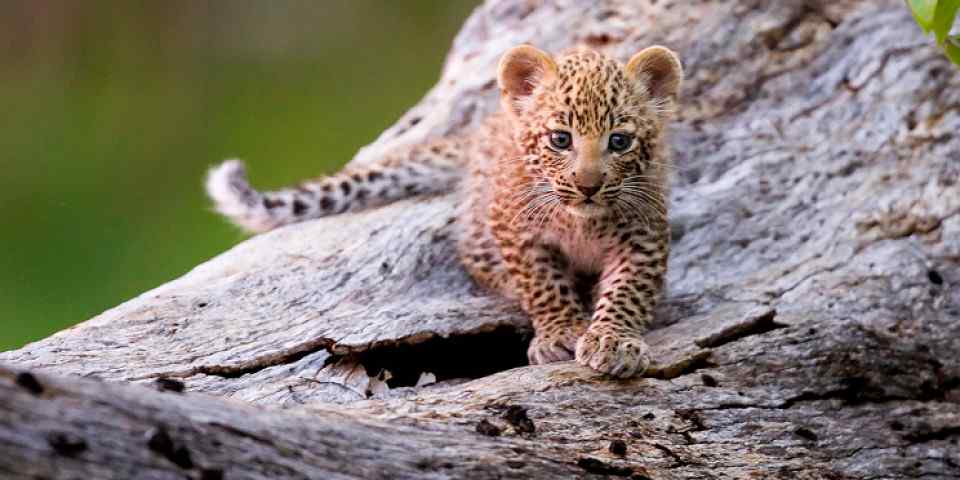


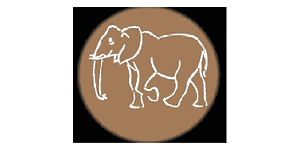

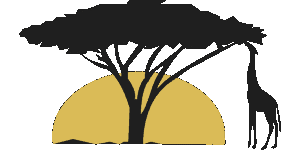
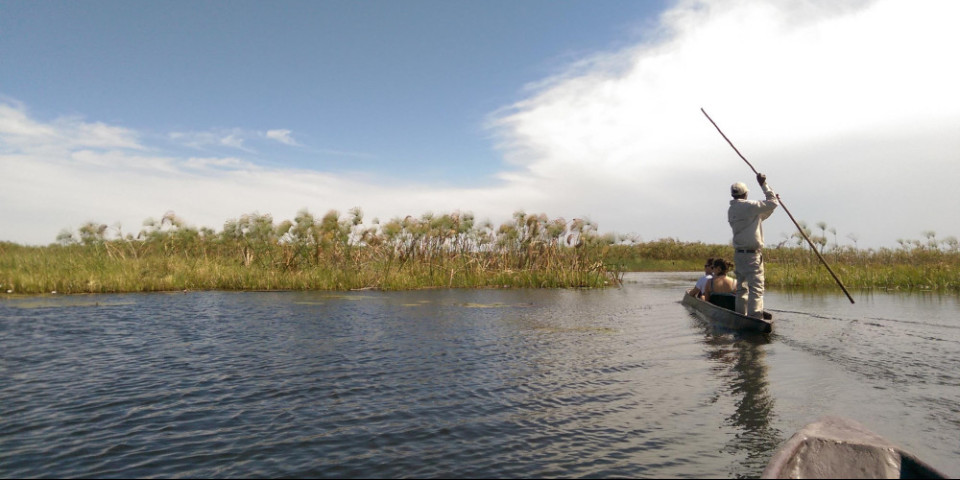

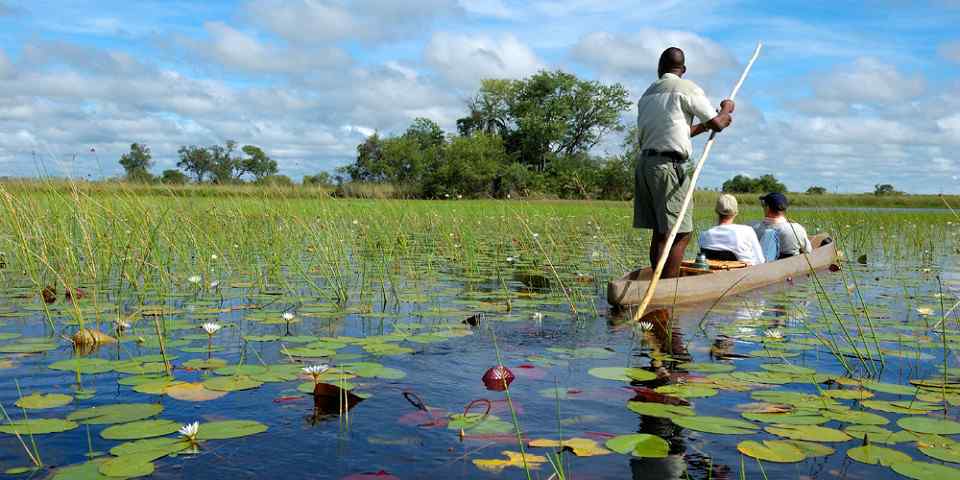


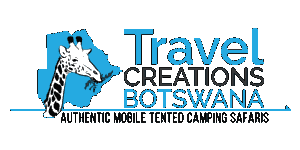

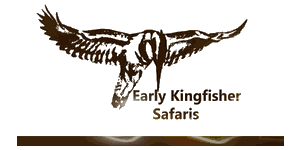

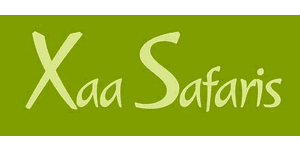

_4267_5dfe8c91979d9.gif)
